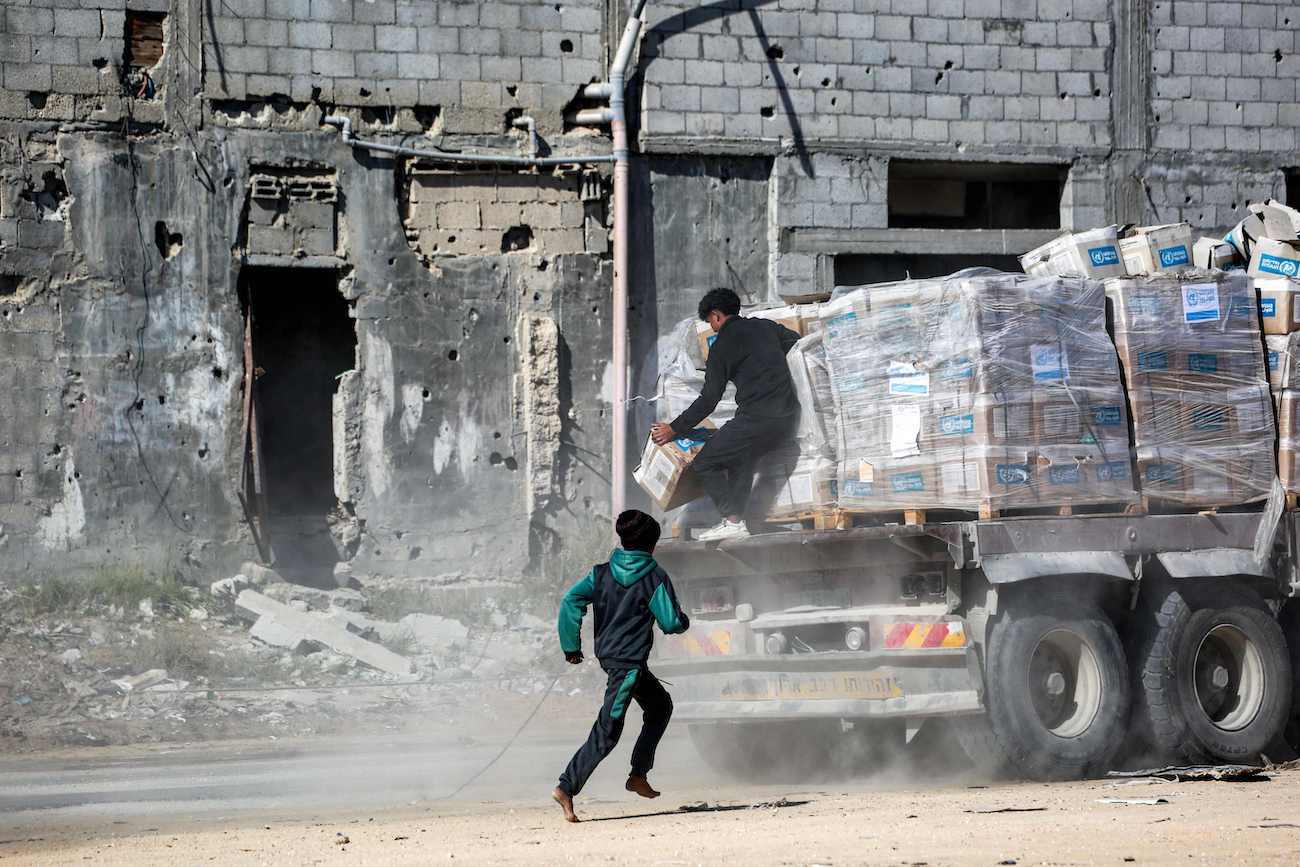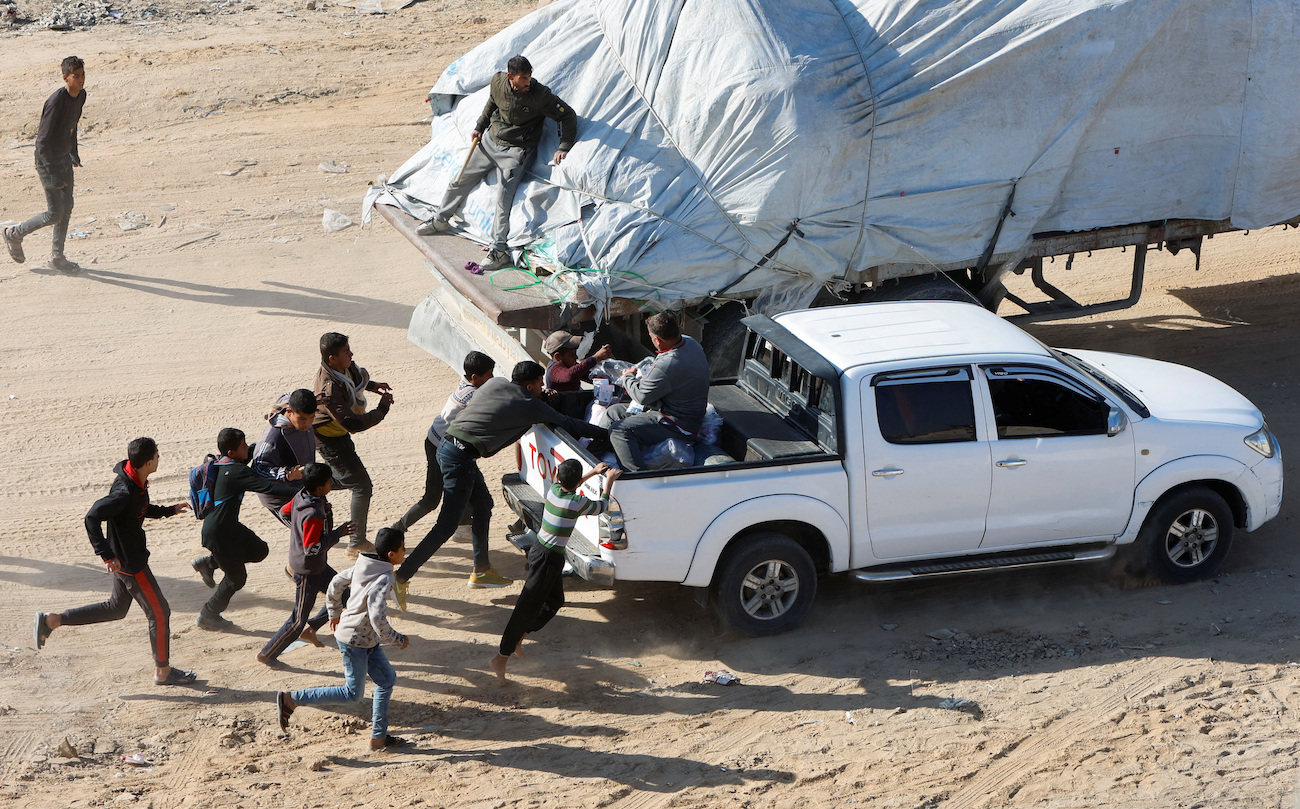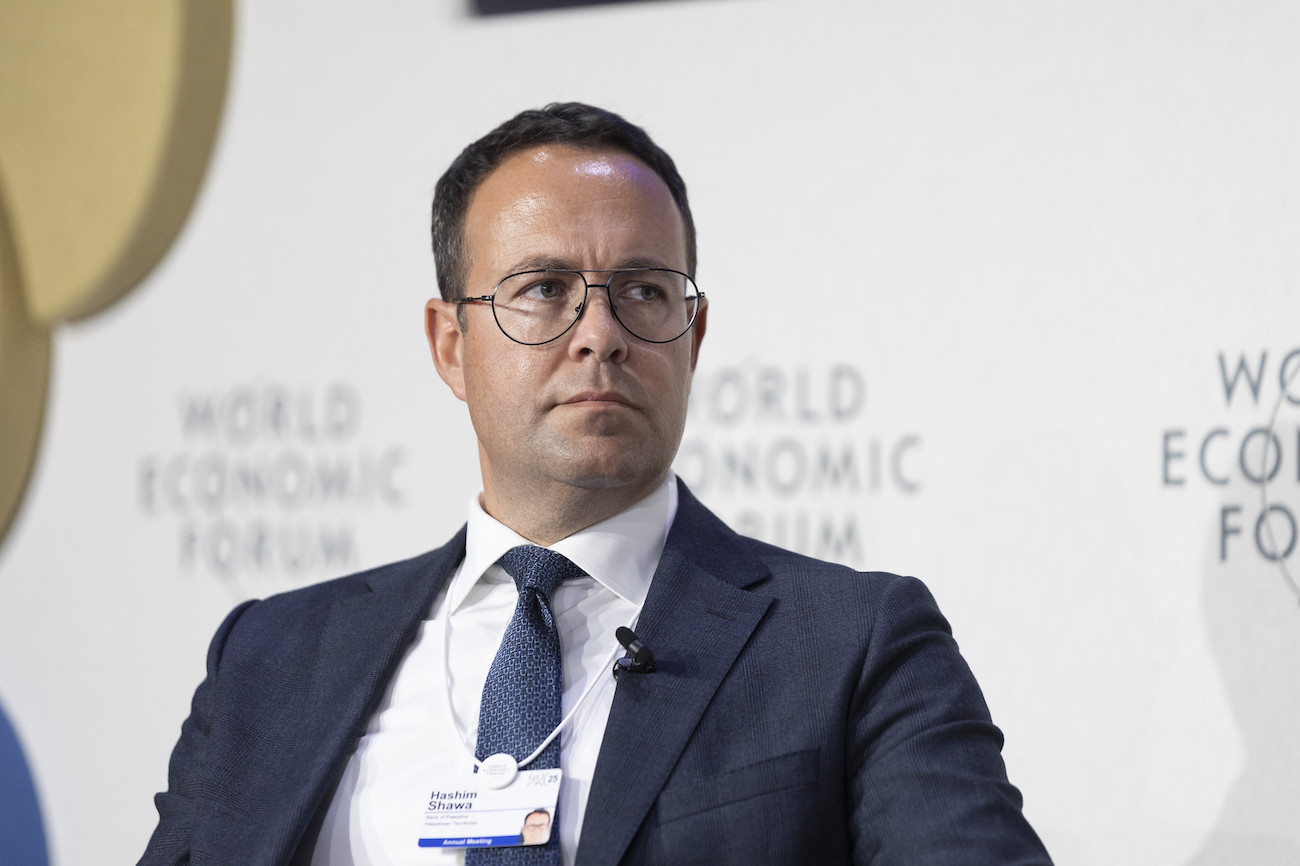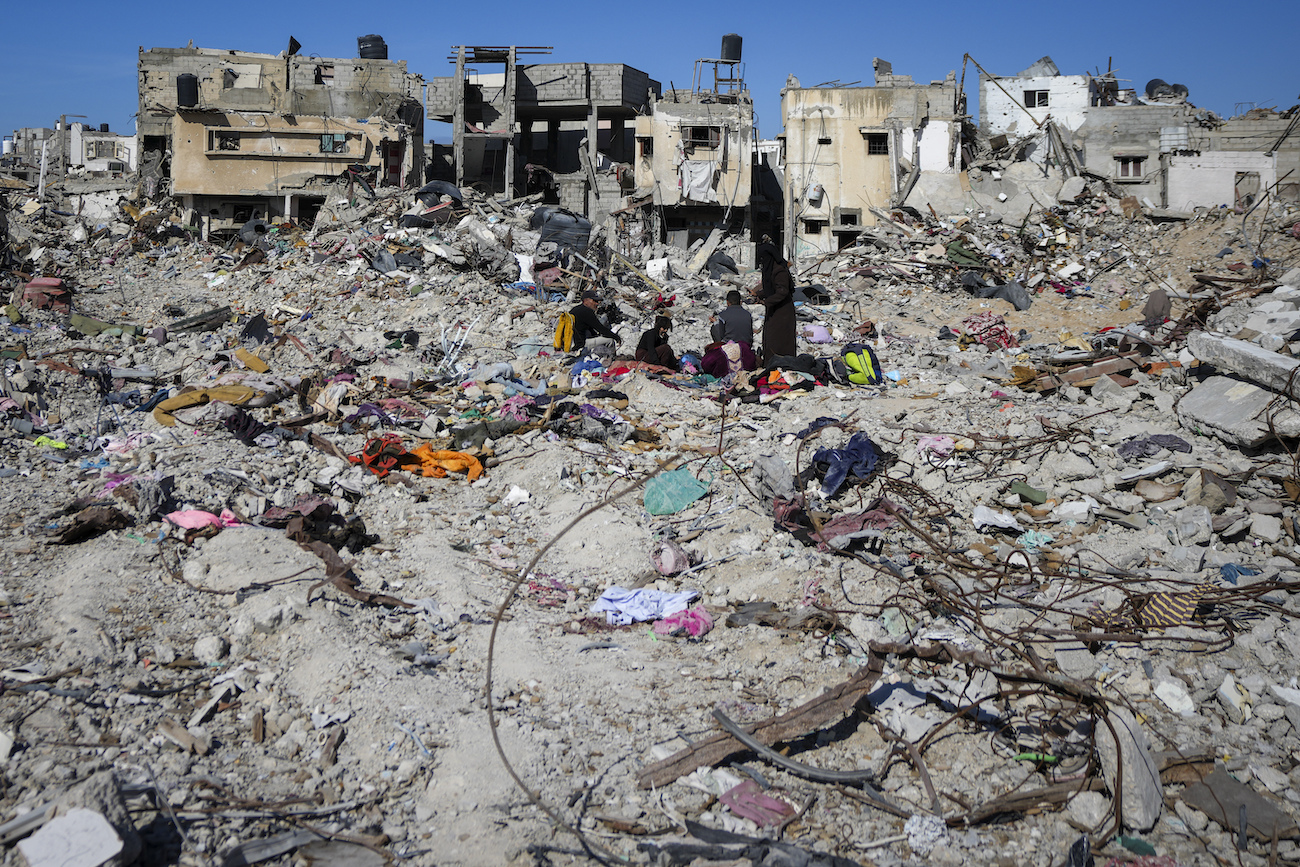Baghdad: In the sizzling Baghdad heat, Mussa Abdallah takes to the Tigris river during the day to cool off, while others opt for ice skating to escape the relentless temperatures.
“At the end of the day, I’m sweaty and exhausted because of the sun,” said Abdallah, a 21-year-old house painter in the Iraqi capital.
“At home, there’s no electricity. If I want to wash, the water is scalding hot,” he added, describing how water stored above ground virtually boils at this time of year.
Iraq is grappling with a blistering summer, with temperatures often exceeding 50 degrees Celsius, exacerbated by declining rainfall, rampant desertification and frequent dust storms.
The United Nations ranks Iraq among the world’s five most climate-vulnerable nations.
Almost every day after work, Abdallah retreats to the Tigris to escape the sweltering heat.
“We’re young and want to have a good time — where else can we go?” the decorator said on the banks of the river, traces of white paint still visible on his temples and long-sleeved T-shirt.
While Abdallah puts his sandals back on, nearby others are taking the plunge and two bathers are washing their hair with soap.
As night brings little relief from the sweltering gusts, residents of Baghdad flock to the city’s lone indoor ice rink to find respite.
The rink is in one of the air-conditioned shopping malls that have sprung up in the capital in recent years, attracting up to 100 visitors on busy days, 25-year-old instructor Sajjad Mohamed said.
“Twenty-four hours a day, the electricity never goes out. There’s a cooling system” for the ice, Mohamed said.
Abbas, 26, discovered ice skating in Turkiye. Now back in Iraq, he is pursuing it enthusiastically.
“When we finish work in the afternoon, it’s either go home, or go to shopping malls and other places where it’s cold,” he said.
The soaring seasonal temperatures have become a troubling fact of life for the overwhelming majority of Iraq’s 43 million inhabitants.
Although it is rich in oil, Iraq has seen its infrastructure suffer after decades of conflict and failed public policy that has resulted in long power cuts on the public grid with generators unable to handle the strain.
On the banks of the Tigris, Rashid Al-Rashed takes off his T-shirt to dive into the Tigris.
“At home it’s hot, I can’t stay there for long. The public electricity is inadequate,” the 17-year-old garbage collector said.
To escape the heat, “I bathe every day, for 10 minutes or a quarter of an hour,” he added.
Elsewhere on the river, a police boat moves along a dozen bathers from the water for their safety.
“When we make them leave, they come back,” said a policeman, seeking to explain everything was being done to prevent deaths from drownings.
But the danger is evident. On his phone, he displays the body of an 11-year-old boy found nearly 48 hours after drowning.
While the river — despite its danger — is free, those with more means can pay $10 for an afternoon with family or friends at Baghdad Aqua Park.
“This year summer came earlier, so we have more visitors,” one of the water park’s administrators Ali Yussef said. “People are coming after work or school,” he added.
Maitham Mahdi, 31, was on his second visit of the month. “I think I’ll be coming a lot during the summer,” the civil servant, still dressed in his swimsuit, said as he departed the indoor pool.
Mahdi also complained about the electricity at home. “We come here to get a bit of fresh air,” he explained.
Iraq has just gone through four years of drought, marked by water shortages and a drastic drop in river flow.
But on the back of a wet winter, officials are hoping the more generous rainfall will have a knock-on effect over the summer.
Despite those hopes, however, the thermometer continues to climb.
The meteorological service is forecasting 50 degrees Celsius this week in the capital and southern cities such as Basra and Nasiriyah.
Its director, Amer Al-Jaberi, said with its semi-desert climate, Iraq is expecting “heat waves,” particularly in the south, adding these intensifying phenomena are also the result of climate change.
Iraqis flock to river or ice rink to escape searing heat
https://arab.news/psmmx
Iraqis flock to river or ice rink to escape searing heat

- Iraq is grappling with a blistering summer, with temperatures often exceeding 50 degrees Celsius
- The United Nations ranks Iraq among the world’s five most climate-vulnerable nations




























